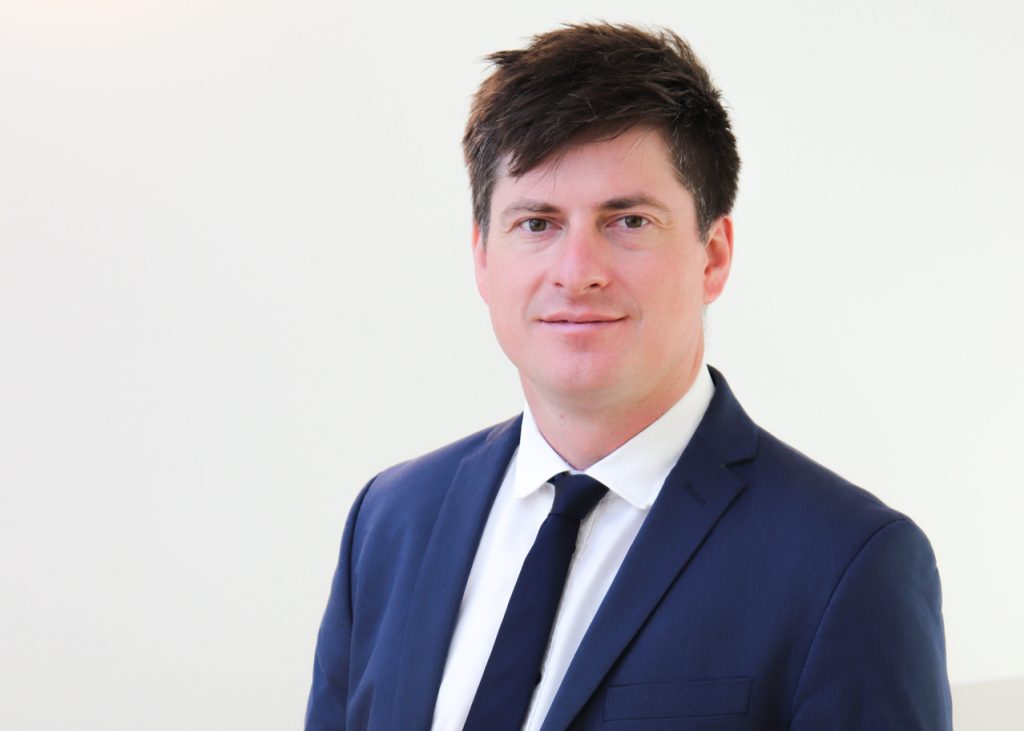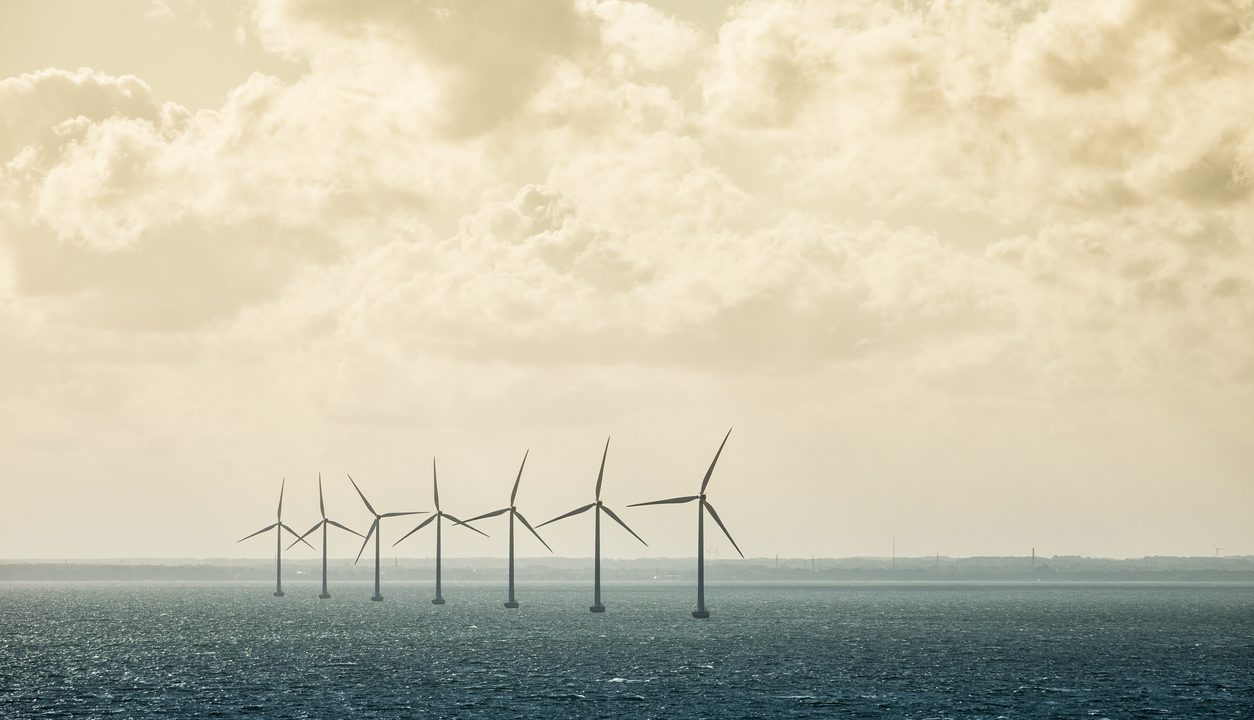Jürgen Gassmann, Head of the Magnetic Materials Department at IWKS, the Fraunhofer establishment for recoverable substance cycles and resource strategies, on the recycling of strategic metals and the “delta between the manufacturing of products containing rare earths and their end of life.”
Demand for strategic metals remains constant. Because of this, recycling of these valuable raw materials also has increased in relevance. In mid-August, the economics journalist Helmut Martin-Jung wrote the following in the Süddeutsche Zeitung: “Simply throwing away raw materials collected from devices that have reached the end of their useful lives is the dumbest thing that can be done.” The EU also intends to build up the recoverable substance economy and recycling. But how far along are these technologies? Above all, where are the greatest challenges for Germany and Europe, and what role will industries play in this process? Rohstoff.net discussed these issues with Jürgen Gassmann, Head of the Magnetic Materials Department at IWKS, the Fraunhofer establishment for recoverable substance cycles and resource strategies.
Mr. Gassmann, will the recycling of strategic metals and rare earths in Germany and Europe ever play a significant role?
In the near future, the recycling of rare earths from magnetic materials will play a central role since the demand for these strategic metals will undergo a tremendous increase.
How long will it take until research and industry are ready for this?
In Germany and Europe at this time, there is still no comprehensive recycling effort for materials, which must be rated as critical. However, this is due less to the lack of research and development effort than to the fact that there is still no established substance economy for these recycled materials. Thus, this issue involves not only recycling per se but also infrastructure, logistics and training, not to mention the buyers of recyclates. A variety of initiatives have gotten underway in this area, including the ERMA (European Raw Materials Alliance), which involves the recyclable material chain for rare earths in Europe.
But there are still many hurdles to overcome. What are the biggest challenges today in the recycling of the raw materials you mentioned?
The greatest challenge is the delta between the manufacturing of products containing rare earths and their end of life. The products have not been on the market long enough to make recycling worthwhile – simply put, there is still a lack of sufficient return flow.
For example?
Let’s consider wind energy in the North Sea: Wind turbines having a useful life of 25 years were installed beginning in 2010. Therefore the magnets they use will only come up for recycling in around 15 years. Something similar occurs with electric vehicles, which have not yet reached their end of life.

A frequent topic of discussion in this context is the quality of recycled material. Just how problematic for many industries is the lack of purity in recycled strategic metals?
That is actually no longer a reason to oppose recycled materials – recyclates. There are already many opportunities to prevent “downcycling”. This also depends on the technology chosen for the recycling route.
Fraunhofer IWKS is engaged in wide-ranging research in this area. Which current research projects are especially exciting or promising?
An important project in this context is the Zentrum für Demontage und Recycling für Elektromobilität (ZDR-EMIL) [Center for Dismantling and Recycling for Electromobility]. There are challenges that have to do with the end of life of electric vehicles and vehicle components.
Can you also cite an example of these?
A prominent example that is the subject of much discussion is the recycling of lithium-ion batteries, and another is the materials for electric motors, such as high-performance permanent magnets. While it is true that the return flow for these materials is still currently limited, this will constitute a challenge to be overcome in the future. This will be true on one hand for ecological reasons, but on the other hand, there is also the challenge of reducing dependence on imports of key raw materials in Germany and Europe.
Research institutions constantly criticize the industry’s lack of enthusiasm for investing in recycling. Can you confirm that?
Yes in part, but there is a great deal of current movement in the market, and sustainable or recycled products are coming ever more into focus.
Our impression is: Since the new EU efforts, the industry has been substantially more willing to invest in this area. Do you see that as well?
We share this impression. The Industry has a strong interest in finding solutions to these problems.
If you could gaze into your crystal ball for us: In the next five years – and in ten years – what will be the central concern for German industry regarding strategic metals and rare earths?
In this, I am very optimistic. In ten years, and even five, there will be a market for various recycled rare earth options from Germany and Europe.
Photo: iStock/RicoK69


